There are times when you have to stop and respond, even when you’d rather not. That’s where I am now. A very serious and ugly accusation was thrown at me on social media, and though I don’t enjoy trading words online, silence would look like acceptance. So here’s my side: the allegation that I raped a 17-year-old is false — plain and simple — and I feel compelled to clear the air.
the claim came from an account on X (formerly Twitter) that said I raped a minor and used the police to intimidate the girl’s family. Horrendous allegation. I saw it, and my first reaction was shock — then anger. Not just at the claim itself, but at how quickly something so damaging can spread without proof. I know how these things work now: a post lands, people react, and before long a rumor becomes “fact” in someone’s feed. That’s dangerous.
Why I spoke up
I’ll admit: I don’t want every stray lie to spark a full public response. But this wasn’t a stray lie. It was an attack timed around my public criticism of the current administration. To me, that timing suggests motive — which is not a small thing. I’ve been vocal about insecurity and governance, and I’ve watched the tone of debate get nastier. So yeah, when a lurid allegation appears right after I call out the government, I look hard at who benefits.
I said what I said on X because the accusation was too damaging to ignore. It wasn’t just an insult — it was a criminal claim involving a minor. If that kind of thing goes unchallenged, it sticks. And I don’t want people to accept lies because they’re convenient for one side of a political fight.
A bit about the accuser
I’ll be blunt: the account that made the claim is politically partisan. From what I’ve been able to see, the person behind it supports the ruling party. Now, that doesn’t automatically make everything they say false. But it does raise a red flag, and it means their motivation needs to be investigated. I don’t enjoy playing detective, but when a smear campaign looks targeted, it needs answering.
I called the allegation “propaganda” because — to my mind — it fits the pattern of trying to silence critics through reputational attacks. People try that. They think if they can drown out a voice with scandal, the critic will shut up. I’m not naive; I’ve seen similar tactics used before. The only question is whether you let it work.
Also read: Celebrities Who’ve Publicly Criticized Meghan Markle
Taking action
I said I would pursue legal action against the account holder. Let me explain why I said this: the law exists for a reason. False allegations, especially about sex and minors, can destroy lives. They ruin careers, relationships, and mental health. If someone is using social media to plant lies about me to help a political agenda, there should be consequences. I’m not after revenge. I’m after accountability. I want people to think twice before tweeting claims that can destroy someone’s life.
So I’ve asked for help tracking the person behind the account. I asked the public to share information that could help identify them. That’s not grandstanding. It’s practical. If the accusation is false — and I maintain that it is — the person who posted it should be held responsible for defamation and malicious falsehood.
Why I won’t shut up about government failures
Here’s a piece that matters: my refusal to stop criticizing the government is part principle, part survival. I believe in holding public leaders accountable, and I’ve said things that make people uncomfortable. Maybe I’m confrontational; maybe I’m too persistent. Fine. But I owe that persistence to the people who follow my work and to the idea that leaders should answer for poor governance.
I also called the government “an abomination,” and yes, that was strong language. But strong words come from frustration. When roads are unsafe, when security is shaky, when it feels like ordinary citizens are at risk, I get outspoken. Sometimes I overshoot a bit with wording — maybe I should temper the phrasing — but the core point stands: keeping quiet while people suffer isn’t an option for me.
I need to be honest here: this whole episode has been draining. False accusations cut deep. They make you second-guess who you can trust. They pull energy away from the causes you care about. That said, there’s also an odd clarity that comes with being targeted. It sharpens the reasons you speak out in the first place. So, I’ll keep doing it — though I’m also learning to be smarter about how I engage online, how I document things, and when to take legal steps.
Also read: Drew Barrymore’s Health Ups and Downs — What She’s Shared, and What It’s Like
Mixed feelings — and a warning
I don’t hold absolutely firm positions on everything, and I admit to frustration sometimes coloring my language. But I am firm on one thing: smearing people with false accusations is unacceptable. We have to make space for genuine debate without weaponizing lies. If someone thinks they can silence dissent by inventing crimes, they’re wrong. And they should be aware that there will be consequences for that tactic.
At the same time, I’m not saying everyone who disagrees with me is malicious. People have different views, and robust argument is healthy. But there’s a line between disagreeing and fabricating allegations. The latter corrodes public life.
Where I go from here
I’ll follow the legal steps that make sense. I’ll ask for identification of the account and will push for accountability. I’ll continue to speak about security and governance, because those issues matter. I might change how I phrase things sometimes — that’s a fair critique — but I won’t stop just because someone hopes I will.
Finally, I want readers to remember something simple: social media amplifies both truth and falsehood. Don’t treat every post as gospel. Pause. Check. And don’t let a politically useful lie pass without challenge. I’ve had to fight back once — I’m ready to do it again if I must.























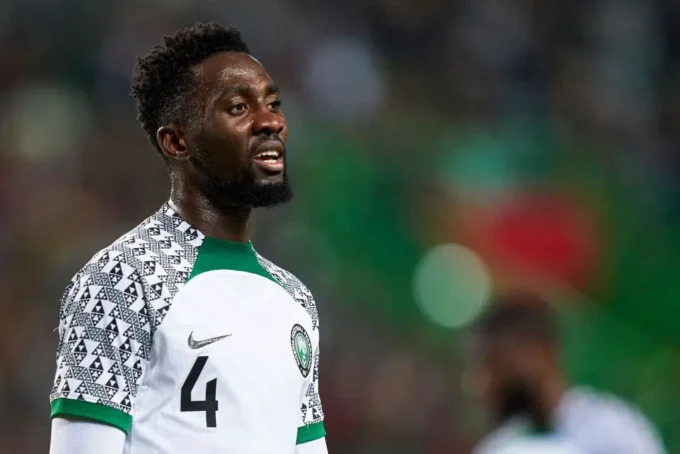
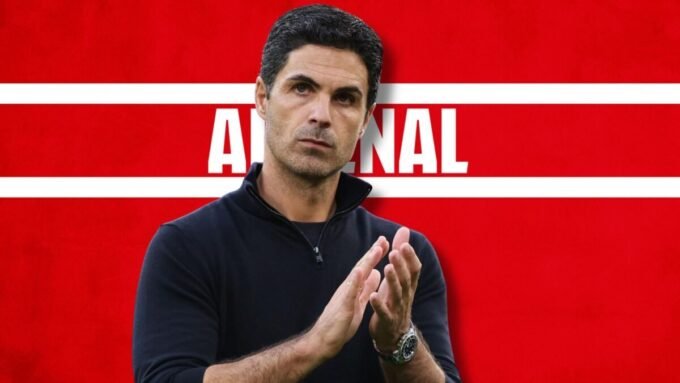
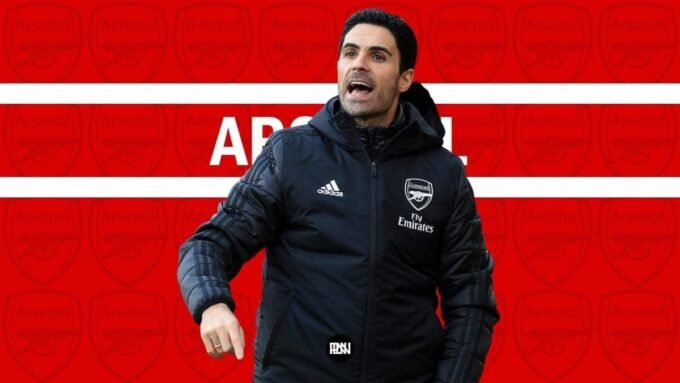


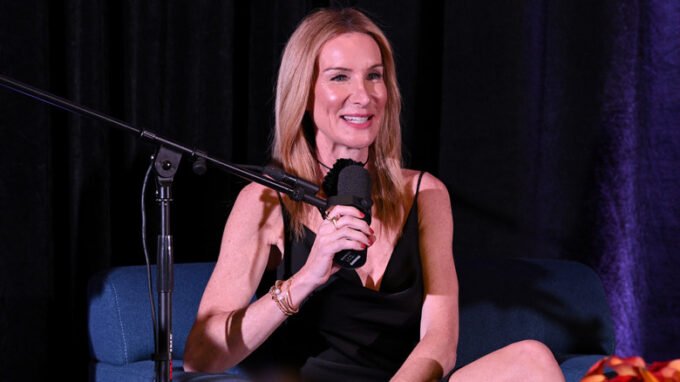




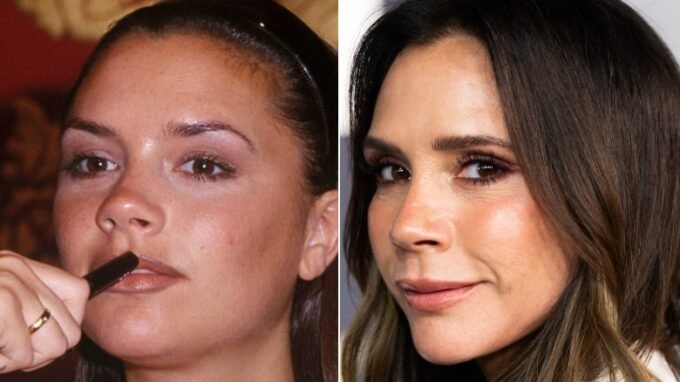





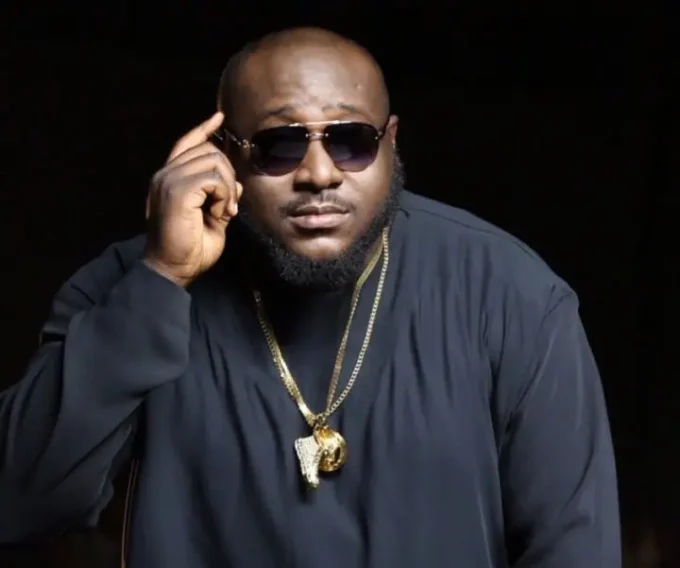
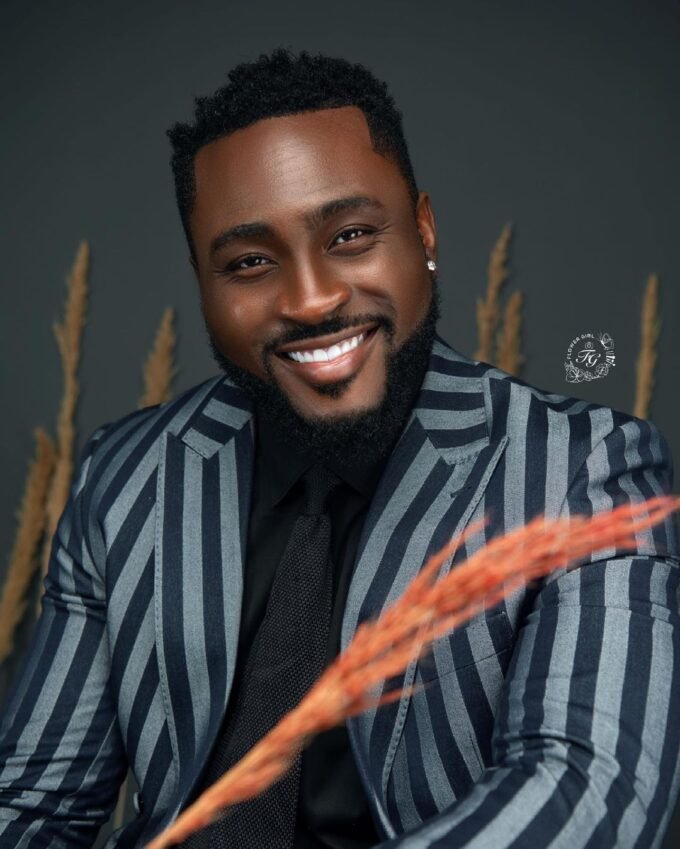


Leave a comment